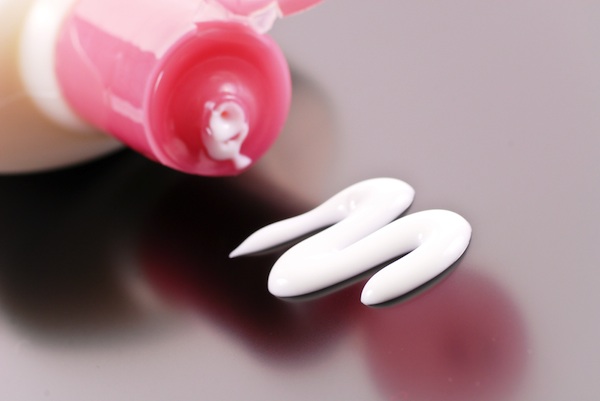Doctors Urged to Tell Young Patients About Skin Cancer Danger

Fair-skinned children, teens and young adults should learn about ways to reduce their risk of skin cancer from their primary care doctors, a government-appointed panel of experts recommends.
The U.S. Preventive Services Task Force said today (May 8) that research shows such counseling from doctors can increase the use of sun-protective behaviors, such as using sunscreen and avoiding tanning beds, among those ages 10 to 24 years old.
Because most research on this topic involved fair-skinned people, the recommendation applies only to this population.
The task force, which makes recommendations after weighing evidence on the benefits and risks of a procedure, said it did not recommend that doctors advise older adults on how to reduce their skin cancer risk, because there is not enough evidence to show such counseling actually changes behavior in people ages 24 and up. In addition, exposure to ultraviolet (UV) rays after age 35 may contribute less to a person's lifetime risk of skin cancer than exposure at younger ages does, the task force said.
Effective methods for counseling young people include providing patients with educational materials on sun safety, or explaining how sun exposure can damage skin and affect appearance. For instance, special cameras can show patients the extent of UV damage to their skin, the task force said.
Although not investigated by the panel, community-based interventions to promote sun safety, such public health campaigns, may offer additional benefits, the panel said.
The panel found no evidence that this type of counseling harms to young people or adults, though further research needs to investigate whether counseling to minimize UV exposure will lead to vitamin D deficiency, the task force said. Sunlight is a source of vitamin D.
Sign up for the Live Science daily newsletter now
Get the world’s most fascinating discoveries delivered straight to your inbox.
The task force also refrains from recommending that the primary care physician screen for skin cancer, such as by examining moles, because it says there is not enough evidence to assess whether the benefits of this type of screening outweigh the harms.
Skin cancer is the most common type of cancer in the United States, with 2 million new cases diagnosed each year. Melanoma is the most deadly type of skin cancer. In 2011, there were 70,000 cases of melanoma and nearly 8,800 deaths, the task force said.
Pass it on: Counseling to prevent skin cancer helps young people, but the benefits for older adults are less clear at this time.
Follow MyHealthNewsDaily on Twitter @MyHealth_MHND. Find us on Facebook.










